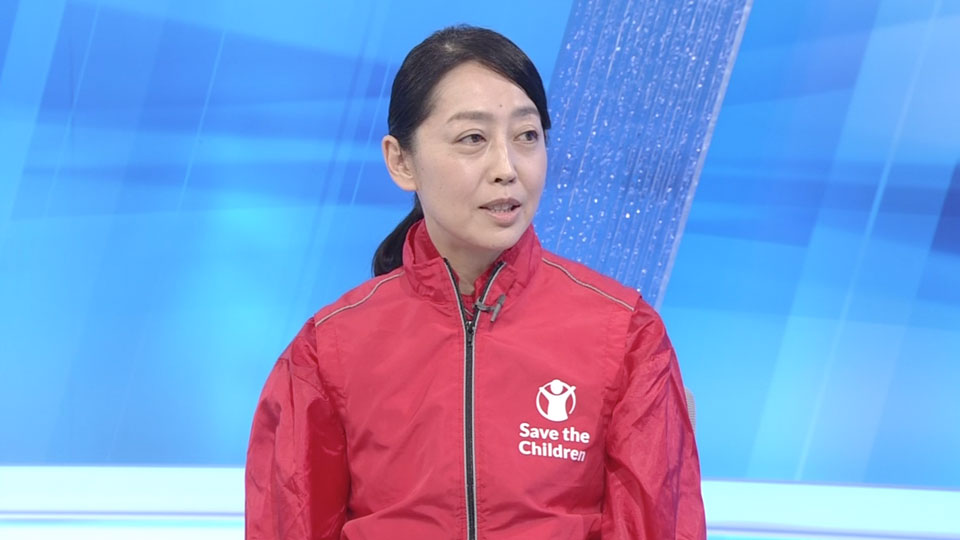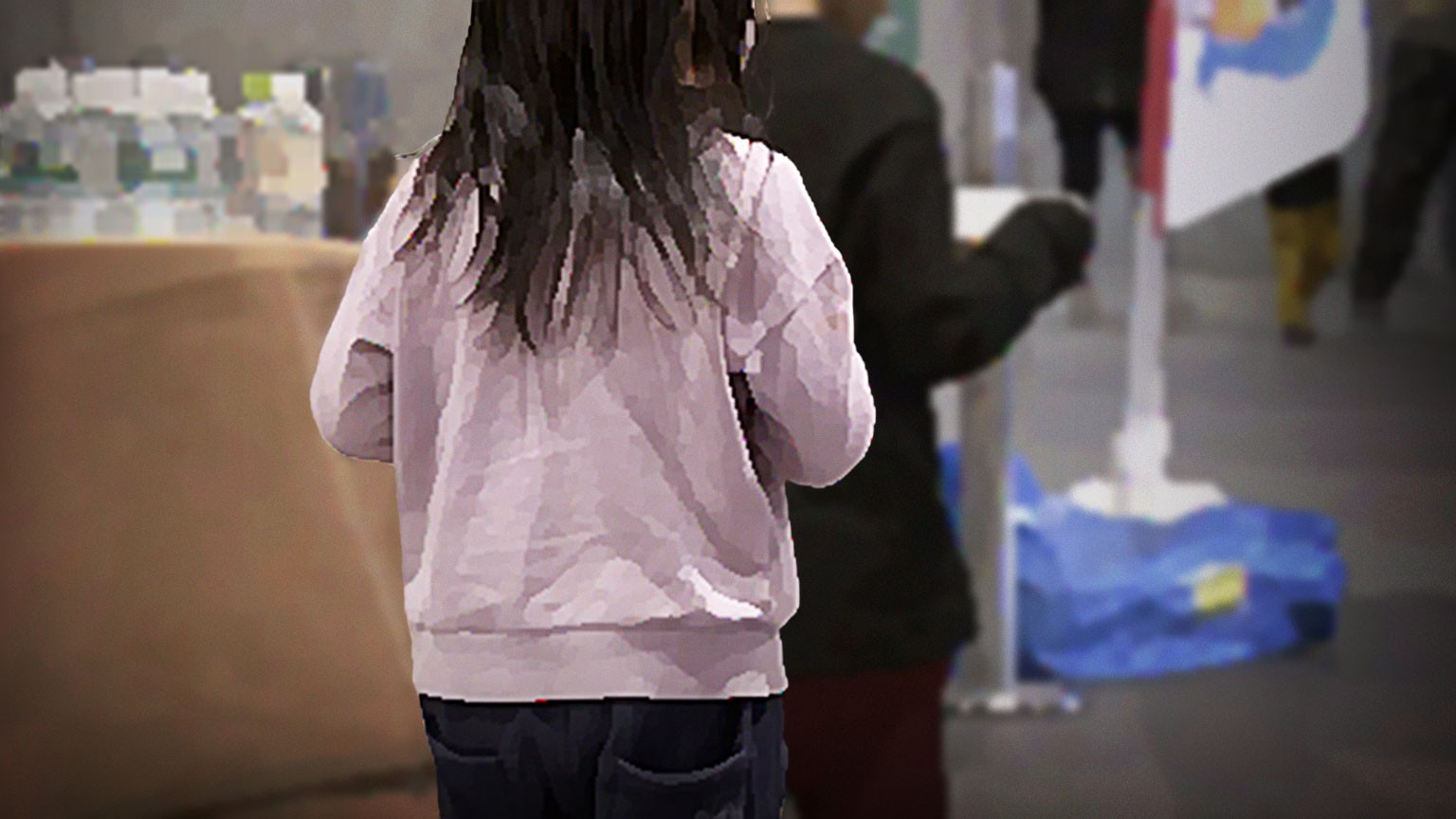We asked Akasaka Miyuki of the NGO Save the Children Japan, an expert on post-disaster psychological care for children. She participated in relief activities in areas impacted by the January 1 Noto Peninsula Earthquake.
Noto areas suffered severe damage
Akasaka has experience supporting victims of past disasters, such as the deadly earthquake that struck northeastern Japan in 2011. She said that the damage in Noto brought to mind that disaster.
A number of schools in the affected areas have reopened and some kids are attending classes. Many children, however, remain in shelters.
How disasters impact children
Preschoolers sometimes refuse to leave their parents' sides in the wake of disasters. Akasaka says she noticed this at Kodomo Hiroba, a playground she and others recently established in Ishikawa Prefecture's Nanao City.
Elementary school children sometimes reenact disasters while playing, such as pretending an earthquake or flood just struck.
Akasaka says it's a natural way for them to express their experiences and emotions, and helps them relieve stress. She adds that adults should allow such play as long as it's not dangerous.

What can adults do?
Akasaka recommends adults keep three points in mind for children who have experienced disasters: watch, listen and connect. She says they can serve as psychological first aid.
(1) Watch: Make sure the children around you are safe. If any appear to be in trouble, try to help them. Parents or caregivers should monitor children's behavior to see they're acting different than usual.
(2) Listen: It's important to listen to what children say when they talk instead of simply asking them everything that you'd like to know.
(3) Connect: If you hear children indicate they need support, connect them with experts or relevant organizations that can provide such assistance, or help them yourself if you can.
Children need psychosocial support when their environment changes
Two weeks have now passed since the Noto earthquake. Some children have endured severe shifts in their environments, such as living in shelters, and their situations may continue to change.
Akasaka says children are psychologically impacted by sweeping changes, just like adults.
She recommends that adults consult with experts such as medical workers at evacuation centers, or local public health nurses and school nurses, if they notice changes in children whose lives have been disrupted.
